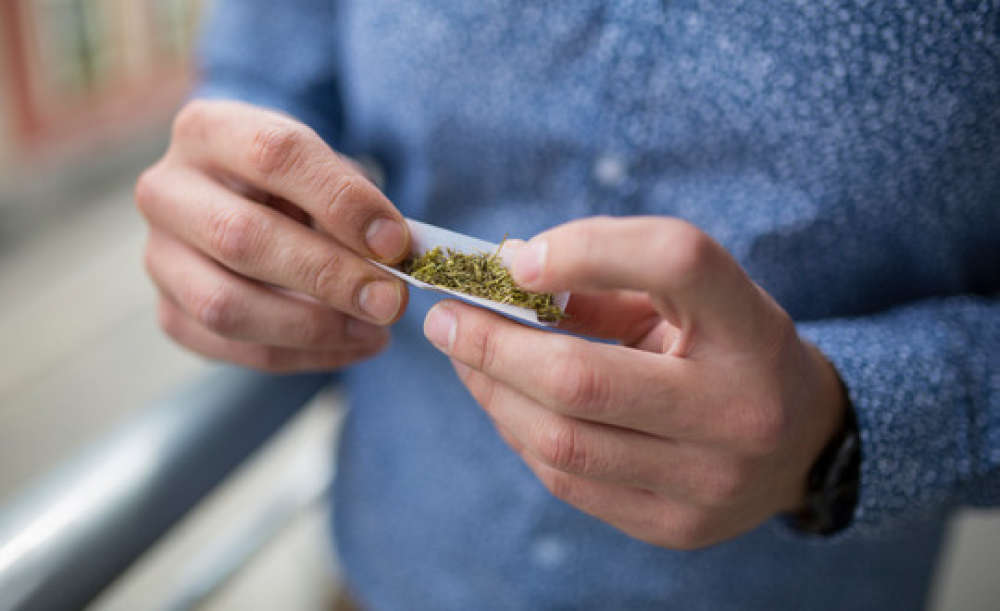The likelihood of an adolescent developing a dependence on cannabis is 700% greater than normal if they suffer from Social Anxiety Disorder
Many people experience symptoms of social anxiety throughout their lifetime – and social anxiety disorder (SAD) is one of the top three most common psychological disorders. Social anxiety is defined as a fear or anxiety related to social situations in which individuals have the potential to experience scrutiny from others. Many individuals with social anxiety look for ways to cope with these fears and some try cannabis. Unfortunately it appears that when socially anxious people use cannabis they are at especially high risk for developing problems related to their cannabis use.
Cannabis use disorder (CUD) is defined as the continued use of cannabis despite experiencing problems in work, school, physical or psychological functioning, and/or social environments. Emerging research suggests that social anxiety may be a risk factor for the development of CUD. For example, compared to adolescents without SAD, those with SAD are nearly seven times more likely to develop cannabis dependence by early adulthood. Further, individuals with both CUD and SAD experience more problems in work and academic performance as well as more co-occurring mental health problems (such as depression) than individuals with just one of these disorders.
Using Cannabis to Cope with Social Anxiety
It is presumed that individuals suffering from social anxiety may use substances like cannabis to cope with their anxiety. In fact, cannabis users who suffer from social anxiety do report using cannabis to help them cope with negative emotions and to help them cope in social situations. Relying on cannabis to cope may increase the likelihood that these individuals develop CUD – for example, they may rely on cannabis to help them cope with their anxiety and, in the absence of more adaptive ways to cope with their anxiety, continue to use it despite experiencing cannabis-related problems.
The following related articles may also be of interest to you:
What is the Effect of Marijuana on Anxiety?
5 Truths About Marijuana Today
Teen Pot Use May Lead to Adulthood Anxiety
New research from Louisiana State University (LSU) and published in the Journal of Psychopharmacology furthers our understanding of the reasons some persons use cannabis. 126 current cannabis users were randomly assigned to one of two conditions: a social anxiety-inducing social interaction task or a neutral reading task. Heart rate and skin conductance during the task was measured along with participants’ reports of their craving for cannabis, motives for wanting to use cannabis, and their discomfort levels. Results revealed:
- Experiencing anxiety during a social situation is related to greater cannabis craving, regardless of whether someone has SAD or not.
- However, this was particularly evident among those with SAD.
- Greater physiological arousal (e.g., heart rate) did not appear to play a role in the decrease to use cannabis.
- Coping motives were the most common reasons cited for wanting to use cannabis and those experiencing greater social stress reported wanting to use cannabis to cope more so than those in the neutral task.
What These Results Could Mean for Treatment
Given that using cannabis to cope has been found to be related to more cannabis problems among those with social anxiety, people with social anxiety may benefit from trying or learning alternative ways to cope with their anxiety in social situations. Cognitive behavioral therapy (CBT) is a psychotherapy that teaches people with SAD ways to manage their anxiety and other negative emotions while decreasing problems related to their anxiety. CBT for CUD also teaches skills to help manage negative emotions without relying on substances. At LSU’s Anxiety and Addictive Behaviors Clinic, researchers in the process of testing the utility of a CBT-based psychotherapy designed to address anxiety and cannabis use disorders simultaneously. If this treatment proves to be helpful, individuals who participate in the treatment may feel more confident in their ability to tackle anxiety-provoking social situations without relying on cannabis.



